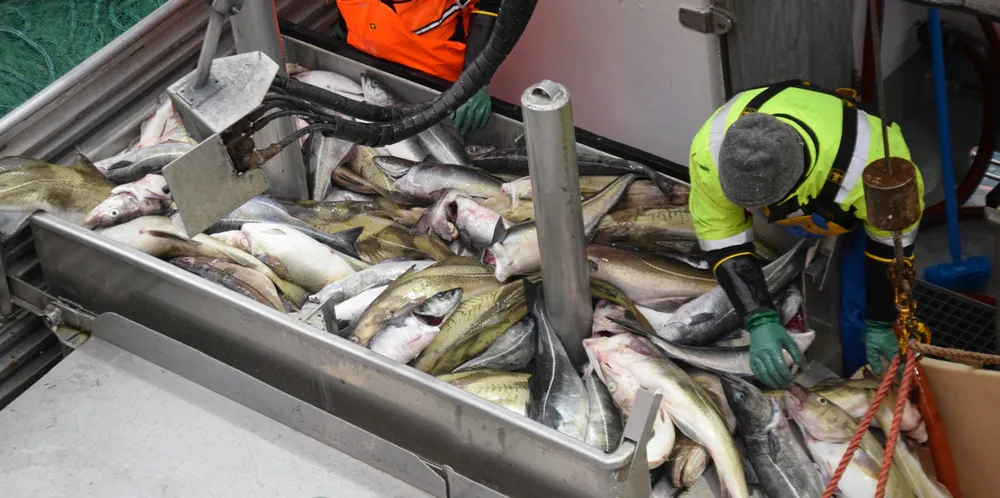Norway, Russia fail to reach agreement in North Atlantic cod negotiations; talks to continue Monday
The discussions, which come under a political cloud of wide condemnation for Russia's invasion of Ukraine earlier this year, were conducted via video link because Norway refused to send an in-person delegation.
